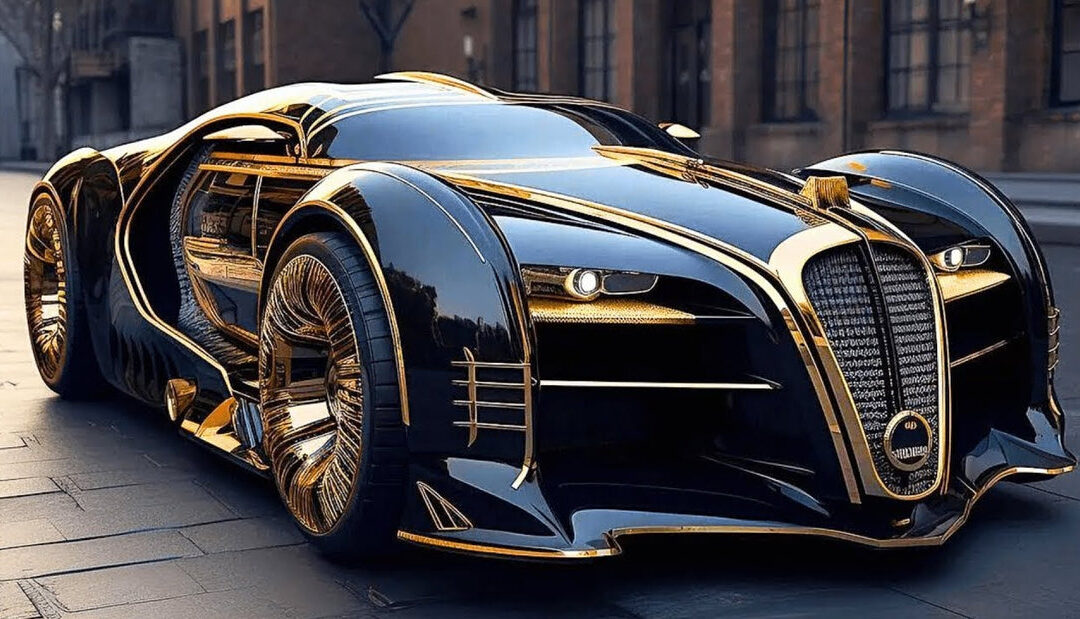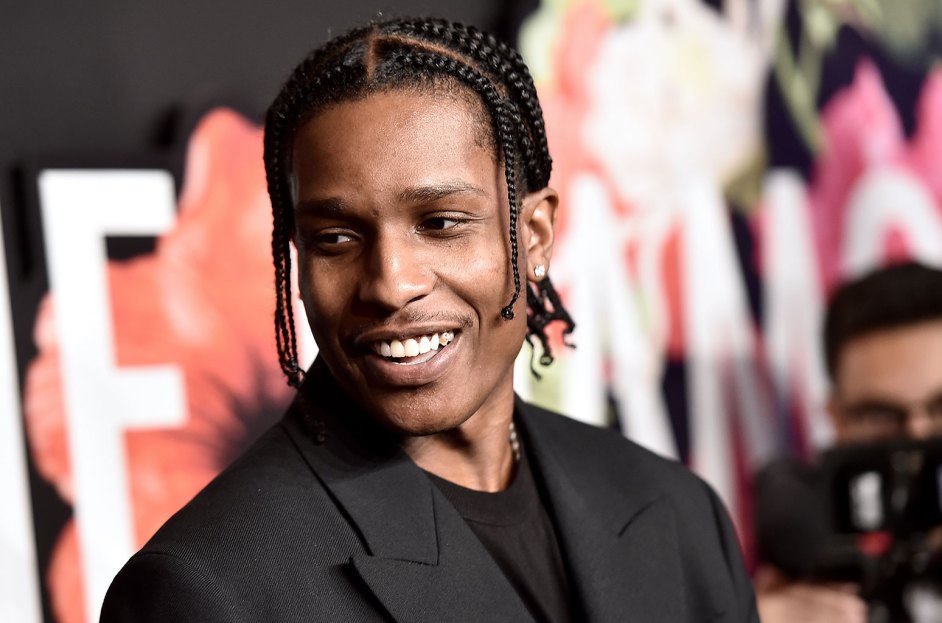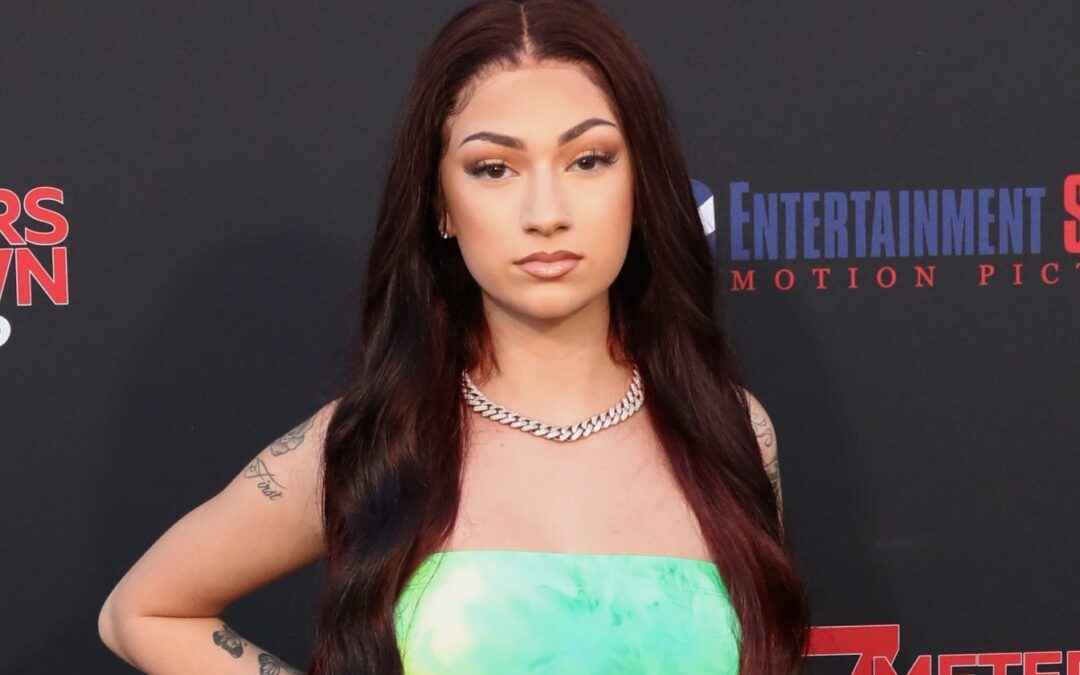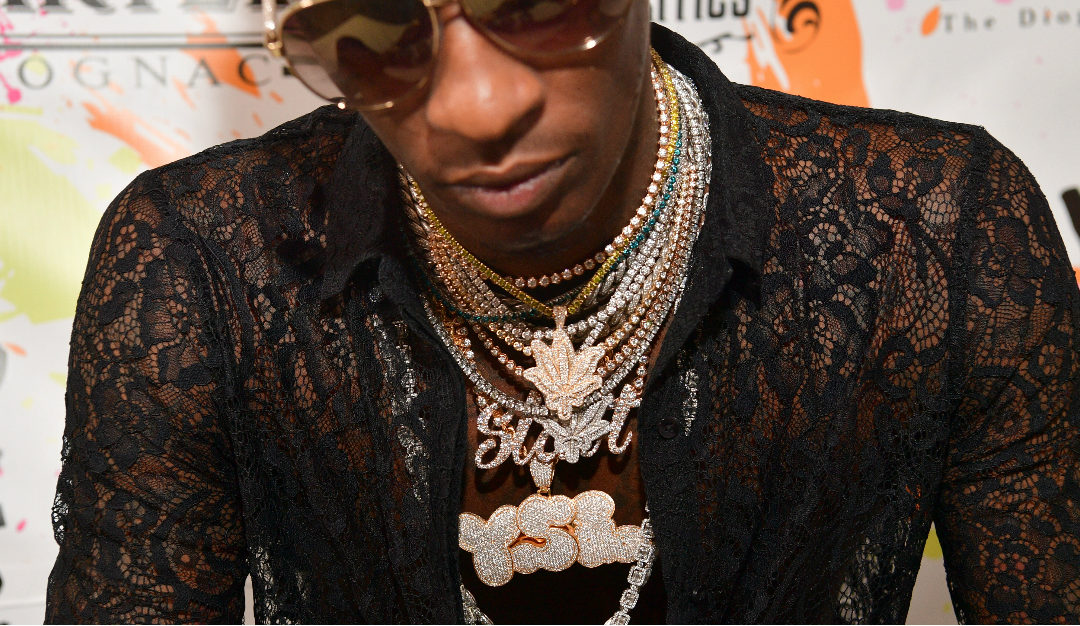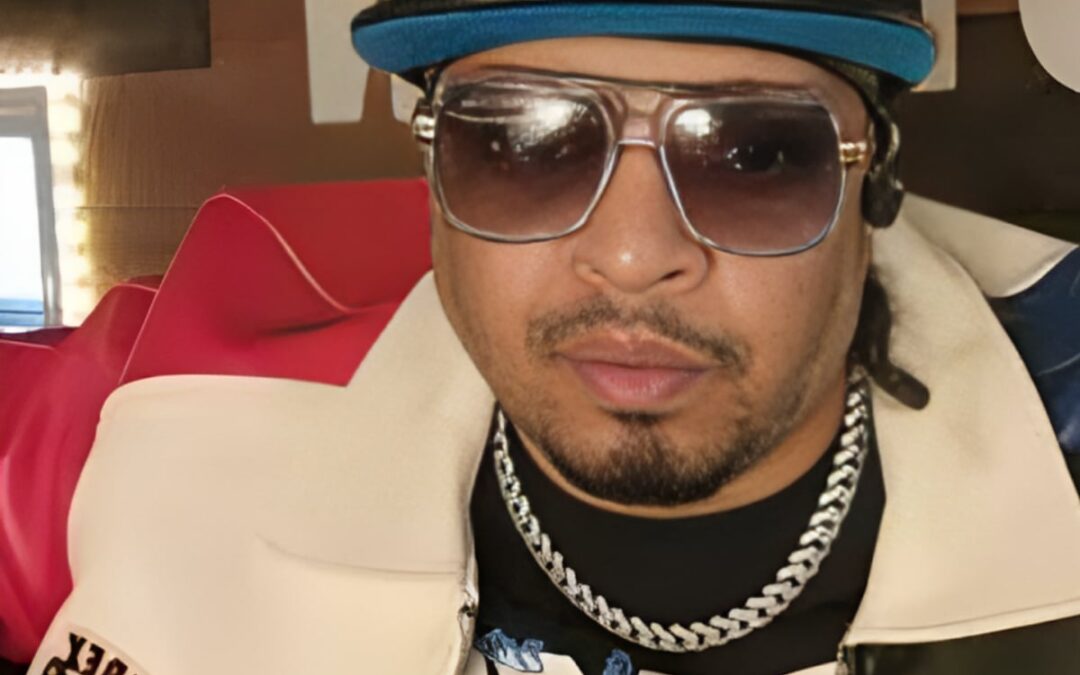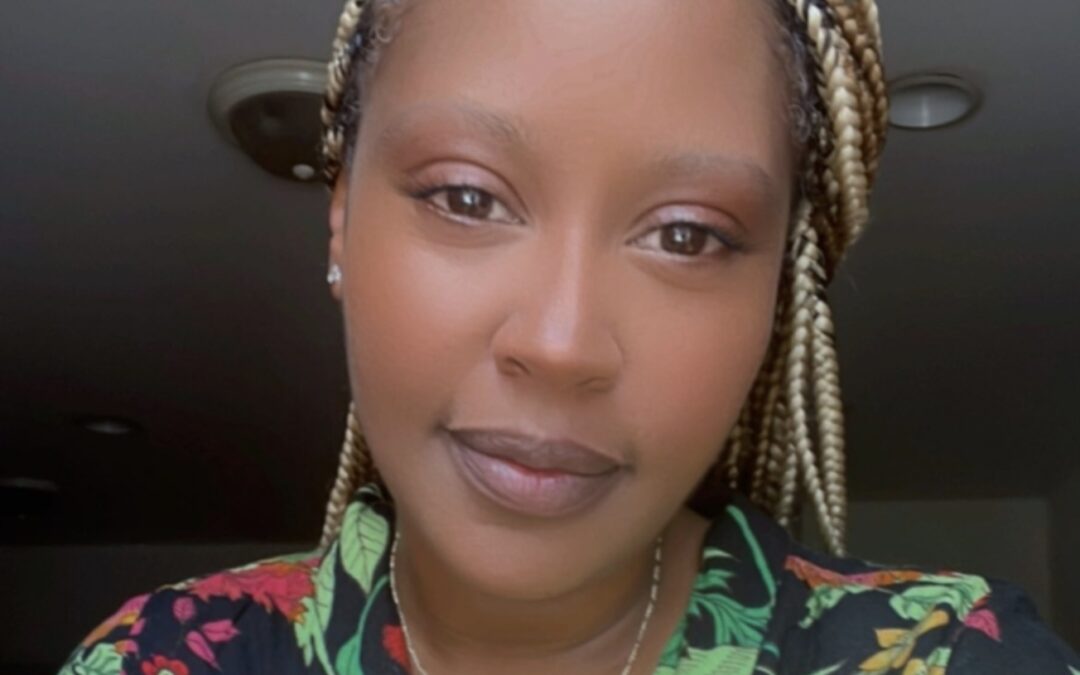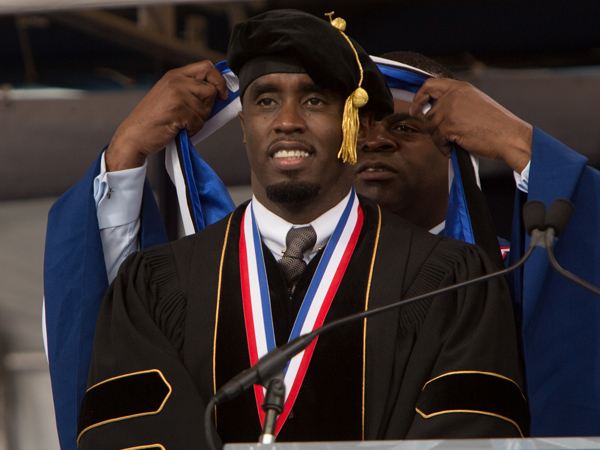It’s impossible to avoid Pharrell Williams. He’s everywhere, and seemingly has his hands in every aspect of entertainment and pop culture. As of this writing, his single, “Happy,” from Despicable Me 2 is in its fourth week at the top of the Billboard Hot 100 singles chart. His performance of the song on the Oscars led to 490,000 downloads in the weeks following. It seems everything he touches turns to gold: Robin Thicke’s “Blurred Lines,” Daft Punk’s “Get Lucky,” a forest ranger’s hat. But how did it all happen?
When Pharrell and his musical partner Chad Hugo formed The Neptunes when the pair were still in high school, it’s likely neither expected the attention and acclaim they would eventually receive. As a production team, they collaborated on the most successful singles and releases of the 2000s, including songs by Britney Spears, Justin Timberlake, Snoop Dogg, and Kelis. They formed N*E*R*D as an alternative side project. Pharrell started his Star Trak record label, and eventually he collaborated with seemingly everyone in music, either as a singer, or a producer. As early as 2003, in one way or another Pharrell – as a Neptune, a N*E*R*D, or a vocalist, was reportedly responsible for 43 percent of the music played on American radio.
Now, Pharrell has his own clothing lines, Billionaire Boys Club and ICECREAM; he heads the From One Hand To AnOTHER (FOHTA) foundation to fund the Pharrell Williams Resource Center in Virginia to help underserved children; and is working on developing Pharrell Williams Learning Facilities throughout the country. Plus, he just released G I R L, and maintains the i am OTHER collective to push the value of individuality and its connection to creativity.
Remarkably, Pharrell had sort of disappeared from the pop/hip hop radar for a period of time, beginning in 2006 or so. As the popularity of pop music waned in the face of the rise of EDM artists like Skrillex, so too did the magic Pharrell seemed to possess. But he emerged again in 2012, working with Usher, Wiz Khalifa, Rick Ross, and Frank Ocean. It wasn’t until Thicke’s “Blurred Lines” that Pharrell’s return was solidified. The controversy surrounding the song’s lyrics and racy video only helped him.
Most colleagues and associates of Pharrell’s maintain that his attitude is what has helped him succeed. He’s humble, doesn’t take himself too seriously, and values the team of people he works with. Add that to his continually evolving talent and eagerness to embrace creativity and new ideas, and you have a man who is worthy of the accolades and success he has found.





